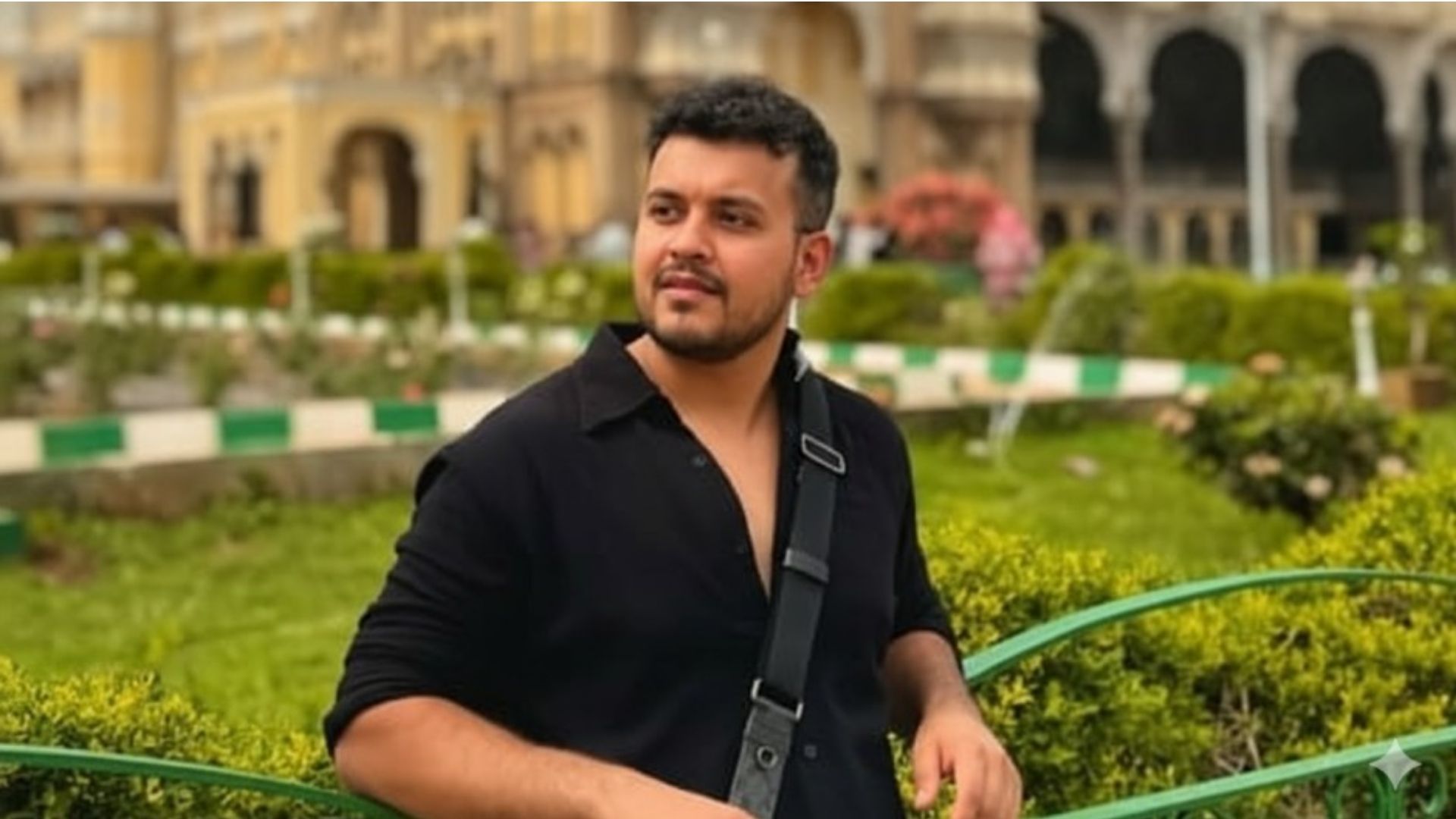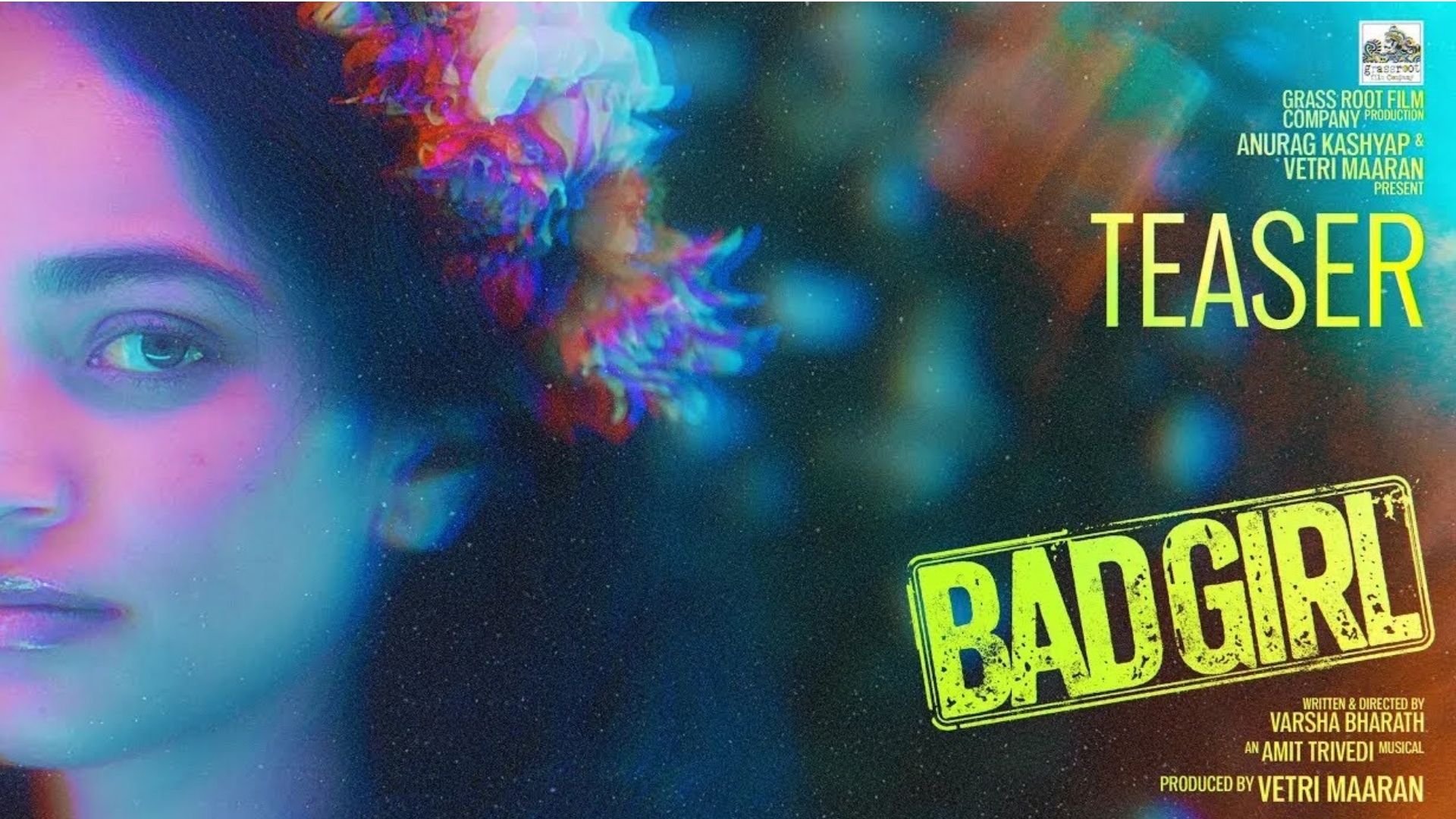When we talk about inspiring figures who transformed the way we look at the natural world, one name always shines bright — Jane Goodall. She is not only a scientist but also a storyteller, an activist, and above all, a compassionate human being who has spent her life bridging the gap between humans and nature.
This blog explores the life, work, and legacy of Jane Goodall — the woman who redefined primatology and continues to inspire millions around the globe.
READ MORE : https://digitalmohit.co.in/category/news/
Early Life of Jane Goodall
Jane Goodall was born in London in 1934. From a very young age, she was fascinated by animals and nature. While other children were playing with dolls, Jane was observing chickens, dogs, and wild creatures in her backyard. She once spent hours hiding in her grandmother’s henhouse, watching how hens laid eggs. That natural curiosity shaped the foundation of her future.
Unlike many scientists of her era, Jane did not begin with formal university training in biology. Instead, she had passion, patience, and an unshakable love for animals. This passion took her to Africa — a decision that would change her life forever.
Journey to Africa
In 1960, Jane Goodall arrived in Gombe Stream National Park in Tanzania. She had no formal degree in primatology at that time, but she had something far more powerful — the patience to observe and learn. Supported by the famous anthropologist Louis Leakey, she began her study of wild chimpanzees.
At first, the chimps were shy and avoided her. But Jane’s persistence paid off. She sat quietly for hours, days, and weeks until the chimpanzees slowly accepted her presence. What followed became one of the most groundbreaking studies in animal behavior.
Groundbreaking Discoveries
Jane Goodall’s observations challenged everything scientists believed about animals at that time.
- Tool-Making by Chimpanzees
Until Jane’s discovery, humans were considered the only species that made tools. Jane observed chimpanzees stripping twigs to catch termites — proving that tool-making was not exclusive to humans. - Complex Social Behavior
She revealed that chimpanzees have rich emotional lives, social hierarchies, and strong family bonds. They kiss, hug, and show affection, much like humans. - Aggression and Warfare
Jane also documented darker behaviors, including violence and even territorial conflicts, showing that chimpanzees have both nurturing and aggressive sides.
Her findings forced scientists to rethink what it means to be human and blurred the line between humans and other animals.
Beyond Science: Jane Goodall the Activist
As the years passed, Jane realized her role was not just to observe but also to protect. She saw deforestation destroying chimpanzee habitats and poaching threatening their survival. This transformed her from a researcher into a passionate activist.
She founded the Jane Goodall Institute, which works globally to conserve wildlife and empower local communities. She also started the Roots & Shoots program, encouraging young people to take action for animals, people, and the environment.
Awards and Recognition
Jane Goodall’s work has earned her countless awards, including:
- The Order of the British Empire (DBE)
- The Kyoto Prize
- The Templeton Prize
- UN Messenger of Peace recognition
But beyond awards, her biggest achievement is the millions of lives she has touched — from children learning about chimpanzees to activists fighting for environmental justice.
Jane Goodall’s Philosophy
At the heart of Jane Goodall’s message is hope. Despite climate change, deforestation, and extinction threats, she continues to inspire optimism. She believes every small action matters — whether planting a tree, reducing waste, or protecting animals.
Her philosophy can be summed up in one of her famous quotes:
“What you do makes a difference, and you have to decide what kind of difference you want to make.”
Legacy of Jane Goodall
Jane Goodall’s legacy is not only about science but about compassion. She taught us that animals are not just study subjects but sentient beings with emotions, intelligence, and rights.
Her life’s work also reminds us that humans are part of nature, not separate from it. Protecting the planet is not just an option but a responsibility for every generation.
Final Thoughts
Jane Goodall is more than a scientist — she is a voice of hope, empathy, and resilience. From her quiet days in the African forests to her global campaigns for conservation, she has shown us the true meaning of dedication and love for the natural world.
For anyone who feels powerless in the face of global challenges, Jane Goodall’s story proves that one person’s determination can inspire millions. Her life is a reminder that when passion meets purpose, change is not just possible — it is inevitable.
















Leave a Reply